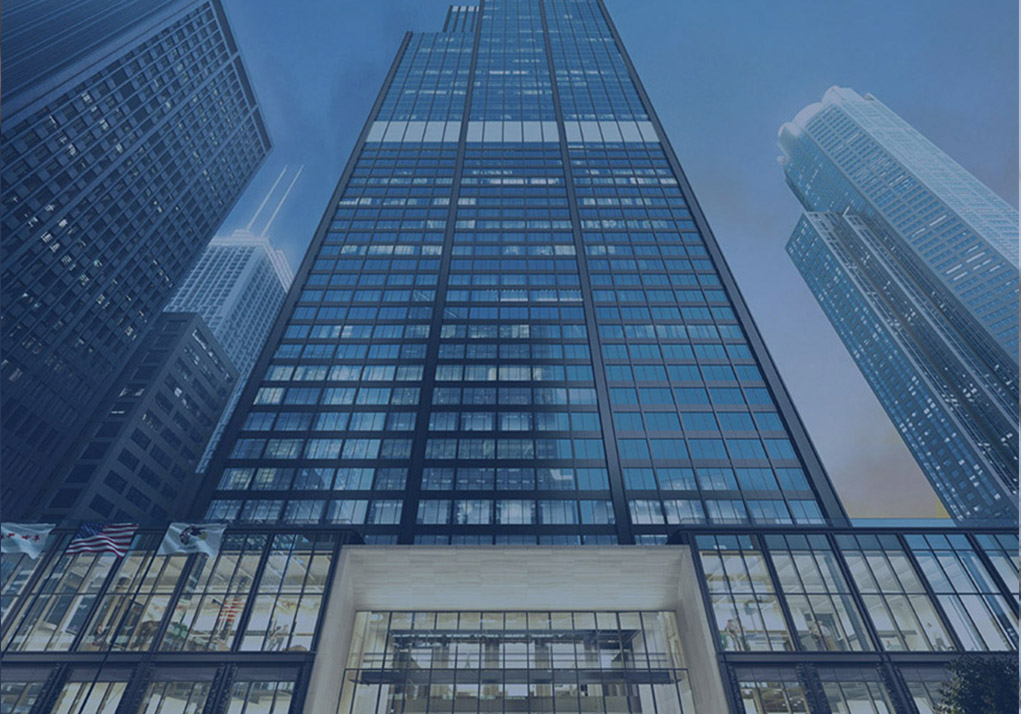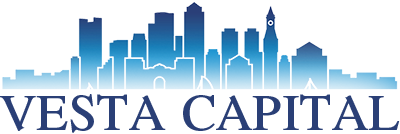Commercial
Commercial property loans are different from residential loans. For commercial loans, the customers get a credit option in exchange for the mortgage of commercial properties. Commercial property is classified as a property where commercial or business undertakings occur.

Commercial loans can be taken out to fund the purchase of a commercial property. Alternatively, a commercial property can be kept as a mortgage to avail commercial loans. This situation is often used when cash is needed, and the commercial property is used as collateral. When commercial properties are taken out in the form of loan, the property itself is assessed to determine the value of loan. Usually, such loans are available at affordable interest rates, and customers can also prepay the loan amount anytime they want.
What documents are required for a commercial loan?
The primary documents that are required to get approved of a commercial loan are as follows:
Identity & Residence Proof – Anyone planning to take out a commercial loan should present both proof of their identity and residency, government- issued identity documents is required for submission.
Income Statement or Proof – Commercial loan applicants should also provide proof of their stated income. Usually, income tax returns and documents of the past few years are required. Moreover, current account and savings account balance statements are also needed ton ensure proper cash amounts.
Property Documents – Any documents related to the property are also crucial while applying for a commercial loan. These documents include title deeds, buyer agreements, or allotment letter copies.
When an individual fails to submit the required documents, the application for a commercial loan can may be cancelled. Hence, such documents should be checked for availability before applying for a loan.
Who is eligible for Commercial loans?
Self-employed individuals can be eligible for commercial loan. Even among self- employed applicants, two main classifications are done. They are, as follows:
Self-employed Professionals – For self-employed professionals, applicants must either provide government service or jobs with relatively high prestige. For instance, doctors, lawyers, architects, etc., fall in this category and are eligible for commercial loans.
Self-employed Non-Professionals – Non-professionals who are self- employed are also eligible for commercial loans. Such applicants are usually contractors, commission agents, traders, etc. who do not have educational certification.
For both categories, further eligibility is also required. The eligibility criteria for getting a commercial loan for both professional and non-professional self-employed persons are as follows:
Age – Individuals looking for commercial loans should usually be between their active working years, after joining, and before retirement. Given the broad requirement, the average age for this group varies between 25 to 70 years old.
Income Stability – Maintaining a stable income is also a requirement for commercial loans. Since the documents for the income need to be produced, any mismatch in the claimed and said amount can result in the loan application getting rejected.
National Residence – Usually, commercial loans are only available for persons who are residents of the said country. Any non-residents can get their commercial loan applications rejected, irrespective of their income or assets.
What are the advantages of commercial loans?
The interest rate for commercial loans is usually the lowest. As a result, the applicants will be able to get the maintain the lower cost of overheads.
- Commercial loans are also available for the long term. As such, customers often have a significant amount of time to become profitable before paying back the loan.
- As a result of the lower interest rate and the longer life term of the loan, the risk of default is much lower. Thus, the risk of the investment reduces by a lot.
- A considerable amount of credit can be available with commercial loans.
- In some cases, no collaterals is required for commercial loans.
Commercial loans can be the most cost-effective considering all the points. Getting an extended payment duration with a lower interest rate is a blessing for any business owner. As a result, commercial loans are often considered ideal for gaining access to capital, specifically for start-ups. However, the strict requirements may make it difficult for individuals to qualify.
Conventional Commercial Mortgage Program
Conventional commercial mortgage financing is back! We are offering low, long term fixed rates and flexible underwriting. This is one of our most active loan programs and is available nationwide for both investors or owner-users. Loan amounts range from $300,000 to $50,000,000.
We are actively closing loans and urge you to take the first step by filling out our pre approval form now.
General Terms – Details
Virtually all property types are acceptable (including multi family, gas stations, hotels, night clubs, car dealerships and car washes). Fixed rates range from 1 year, 3 years, 5 years and 10 years normally amortize over 25 years.
SBA Loans
SBA loans may help your business qualify for financing more easily and receive more flexible terms. That means you can preserve working capital for other expenses.
Amount
- SBA 504 $350,000 minimum, no maximum
- SBA 7 (a) $350,000-$3.5 million
- SBA Express $25,000-$350,000
- Terms: Up to 2 years interim construction period, 7-10 years on equipment,10-20 years on real estate. Up to 7 years for working capital. Up to 10 years for equipment or business acquisition. Up to 25 years for real estate
- 7-year term with first-year revolving option and balance amortized across the remainder of the term
